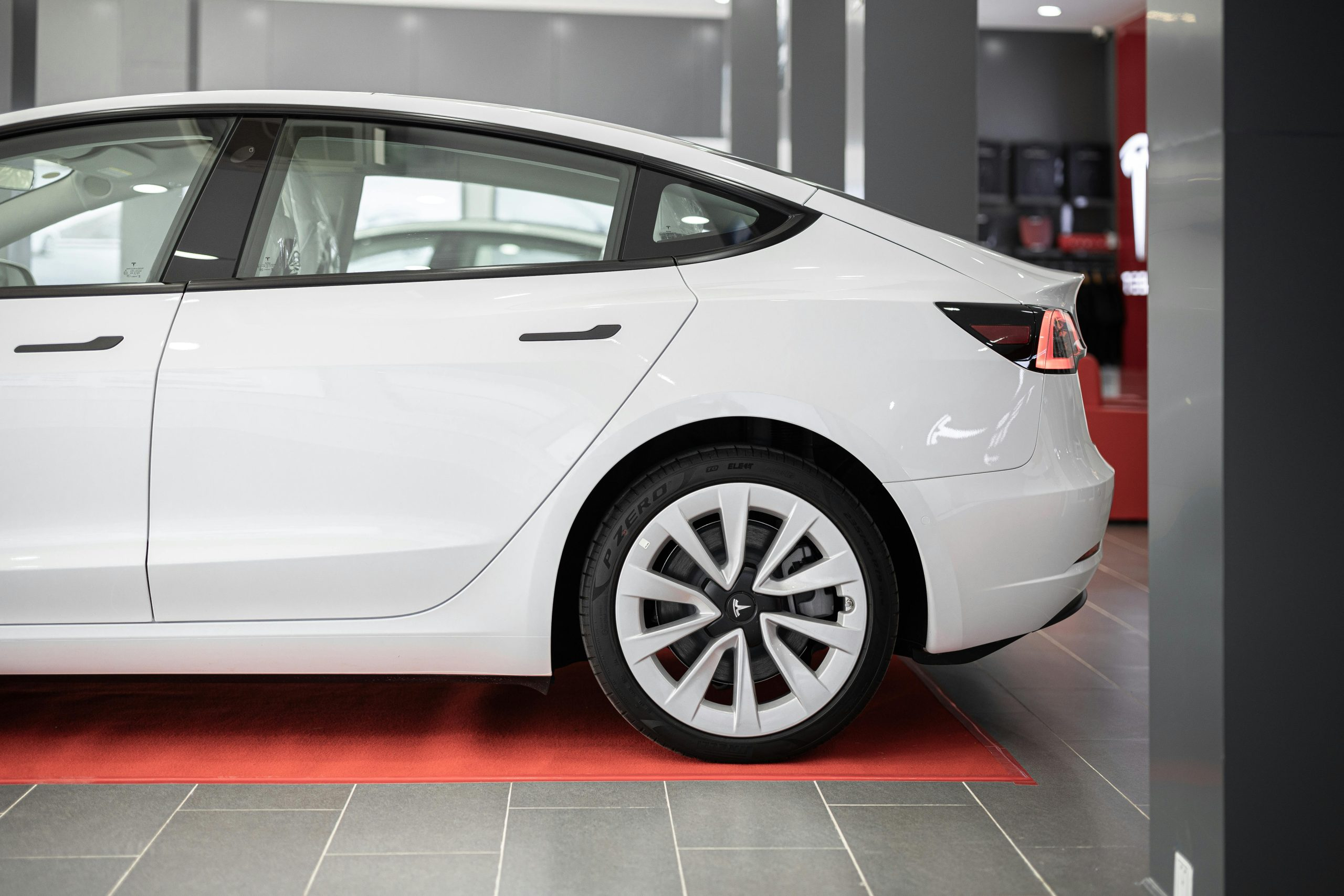Emerging EV Startups Challenging Established Automotive Giants Globally
The automotive industry has been dominated by established giants for decades. However, the rise of electric vehicles (EV) has disrupted the market and opened doors for emerging startups to compete with the traditional automotive manufacturers. This trend has been particularly evident in recent years, as the shift towards sustainable and eco-friendly transportation has gained significant momentum globally. In this article, we will discuss the emergence of EV startups and how they are challenging established automotive giants on a global scale.
The Rise of EV Startups
The increasing demand for clean and green transportation has paved the way for the rise of EV startups. These companies are disrupting the market by introducing new and innovative electric vehicles that are challenging the dominance of traditional automakers. The global EV market is expected to witness rapid growth in the coming years, and startups are leveraging this opportunity to establish themselves as key players in the industry.
Innovation and Disruptive Technologies
One of the key differentiators for EV startups is their focus on innovation and disruptive technologies. These companies are not limited by the traditional approaches of the automotive industry and are pushing the boundaries of design, performance, and sustainability. For instance, Tesla, one of the most well-known EV startups, has revolutionized the market with its cutting-edge technologies and high-performance electric vehicles.
Moreover, startups are also introducing new business models such as car-sharing and subscription-based services, which are challenging the traditional ownership model offered by established automotive giants. This allows customers to experience the benefits of EVs without having to make a large financial commitment, making it more accessible and appealing for a wider audience.
Sustainability and Environmental Awareness
Eco-friendliness and sustainability have become crucial factors for consumers when making purchasing decisions, and EV startups have capitalized on this trend. These companies are dedicated to providing environmentally-friendly transportation options, and their entire business strategy revolves around sustainability. From manufacturing to the end product, EV startups prioritize eco-friendly practices, making them a popular choice for consumers looking to reduce their carbon footprint.
With increasing pressure on governments and businesses to reduce carbon emissions, many countries around the world have introduced favorable policies and incentives for EV adoption. This has created a conducive environment for EV startups, allowing them to compete with established automotive giants on a level playing field.
Challenges Faced by EV Startups
While EV startups continue to challenge traditional automakers, they are not immune to the challenges of the industry. One of the main obstacles faced by these companies is the high cost of production, as electric vehicles require expensive batteries and other components. Additionally, competition from established automotive giants is another hurdle, as they have the resources and infrastructure to mass-produce vehicles at a lower cost.
Moreover, the lack of charging infrastructure is a significant barrier for EV startups to gain widespread adoption, as it limits the accessibility and convenience of electric vehicles for consumers. Many startups are working towards setting up their own charging networks, but it requires significant investments and time to establish a robust infrastructure.
Global Impact of EV Startups
The rise of EV startups is not limited to a specific region or country; these companies are making an impact on a global scale. In countries like China and Norway, EV startups have gained significant market share and are competing with established automakers. In the United States, companies like Tesla and Fisker are leading the way for electric vehicles, and many startups in Europe, such as Rivian and Arrival, are also making their mark in the industry.
Furthermore, the emergence of EV startups has forced traditional automakers to up their game and accelerate their efforts towards developing electric vehicles. This competition has resulted in more options for consumers and has also led to advancements in EV technology.
Conclusion
The emergence of EV startups challenging established automotive giants globally is a clear indication of the transformation taking place in the industry. These companies are redefining the automotive landscape with innovative technologies, sustainable practices, and disruptive business models. As the demand for electric vehicles continues to rise, we can expect an increase in competition and further advancements in the electric vehicle market, benefitting both consumers and the environment.










